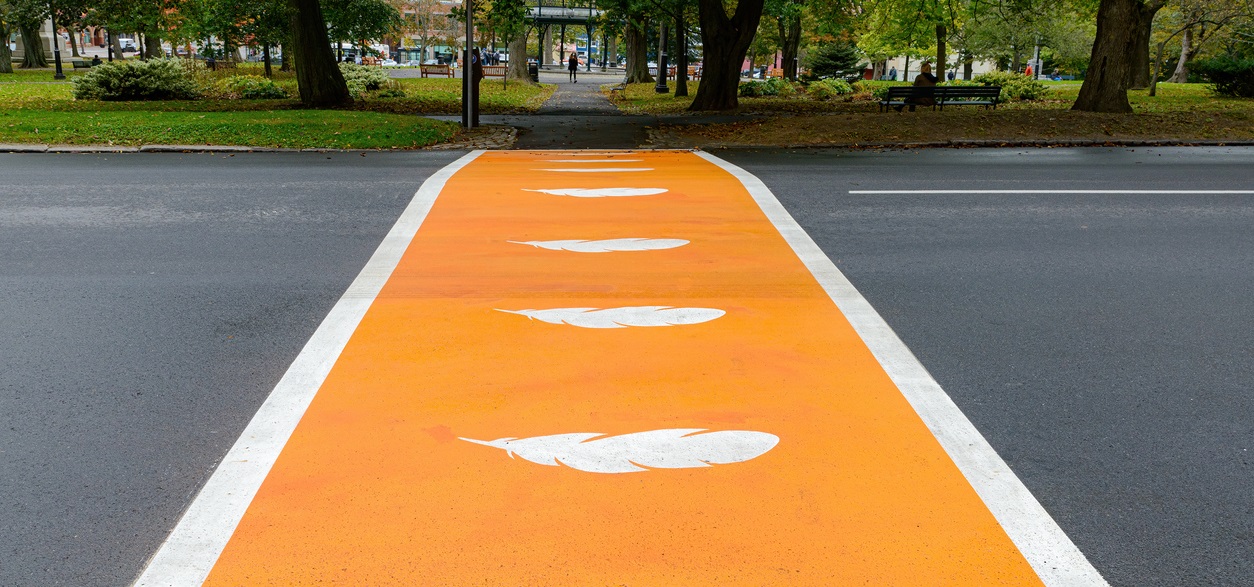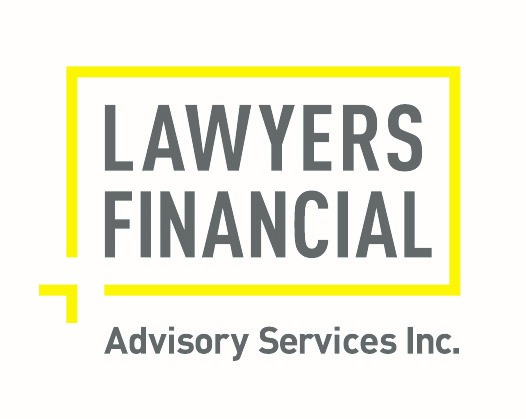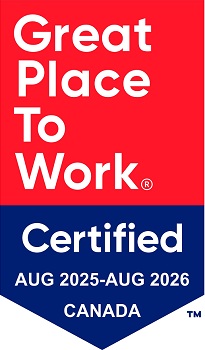
September 30 is the National Day for Truth and Reconciliation. This federal holiday commemorates the 150,000 children who attended Canada’s residential schools and the more than 1,000 children whose bodies were found in mass graves in the summer of 2021. The day is just one of many Calls to Action recommended by the Truth and Reconciliation Commission of Canada, which dissolved in 2015, after officially concluding what many Indigenous people in Canada already knew: that the residential school system amounted to cultural genocide.
The day marks an important occasion for Canadians to educate ourselves and reflect upon a deeply shameful part of our nation’s history, though many among us hardly need the reminder.
While non-Indigenous Canadians often refer to the events of 2021 as a “discovery,” many Indigenous people hold a different perspective. “For the survivors,” says Orange Shirt Society Founder, Phyllis Webstad, we have always known about the children in those schools, this is why I say confirmation instead of discovery.”1
One day isn’t nearly enough time to process—or even to fully acknowledge—generations of pain and trauma. But, if used purposefully, it is enough time to listen, learn, and reflect. Here are some ideas about how Canada’s lawyers might meaningfully observe Truth and Reconciliation Day.
LISTEN AND LEARN
Guided by the philosophy, “when you know better, you can do better,” the CBA has created two resources that can help you learn. The first is the Truth and Reconciliation Toolkit for Law Firms, which we sponsor. The second is The Path, which we highly recommend.
- The Toolkit can help you and your colleagues learn about Indigenous law and history, celebrate Indigenous communities, and support Indigenous members of the legal community.
- The Path serves as an introduction to the history of Indigenous peoples and sets out to demystify some of the legal issues surrounding the Constitution, the Indian Act, historical and modern treaties, and recent rulings by the Supreme Court of Canada.
Neither of these resources is perfect, and they’re not going to change things overnight. But as an organization we believe in the power of knowledge, as well as the unique position of the legal community to make a difference.
HOW CAN THE LEGAL PROFESSION AFFECT CHANGE?
For Canadian lawyers, September 30 is also a day to reflect on the changing relationship between Indigenous communities and Canadian law.
Today, lawyers are partnering with Indigenous communities across the country to advance reconciliation. But as recently as 1950, those relationships were all but illegal. The Indian Act (which still exists, by the way, though it has been heavily amended) once forbade Indigenous people from even hiring a lawyer to defend their land claims.
“Any lawyer who defied this prohibition by giving legal counsel to an Indigenous person could be disbarred or jailed,” wrote the Honorable Murray Sinclair in The Globe and Mail in 2019. “In this way, the rule of law—the very thing that I went to law school to uphold—was used to stack the system against Indigenous people.”2
And this is by no means a thing of the distant past. Consider this recent example: The country’s last residential school, Kivalliq Hall, in Rankin Inlet (formerly in Northwest Territories), closed just 25 years ago. When a former student of this school sought compensation under the Indian Residential School Settlement Agreement, his request was denied by the Government of Canada, a decision the Nunavut Court of Appeal ultimately overturned in 2016.3
As a member of the legal community, how can you use your expertise to fight back against a legacy of denial at best, erasure at worst?
You’re not in this alone. Just as important as it is to reflect upon the horrors of the past, this day is an opportunity to honor those who have already fought—and are fighting still. It is thanks to these survivors, activists, artists, community leaders, and, yes, lawyers that this imperfect, halted, and essential work is being done.
For French Canadians, September 30 is called, “Journée de la vérité et de la réconciliation.” Maybe that can lend us Anglos some perspective. It isn’t just 24 hours to feel bad about where we’ve come from as a nation, but a reminder that Truth and Reconciliation is less a destination than a journey. “The truth is hard,” said Sinclair. “Reconciliation is harder.”4
Sources: 1. orangeshirtday.org. 2. The Globe and Mail, “Legal industry needs to understand truth of Canada’s Indigenous history if we truly want to move forward,” Murray Sinclair, November 2019. 3. Nelligan Law, “Kivalliq Hall designated-as an Indian Residential School,” September 2018. 4. Murray Sinclair, Canadian Centre for Policy Alternatives BC Office 20th Anniversary Gala Keynote, October 2017.


